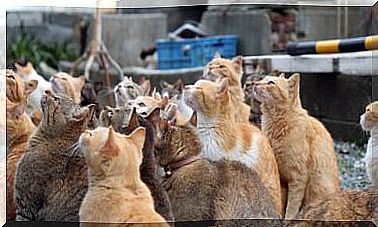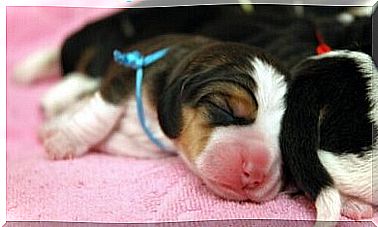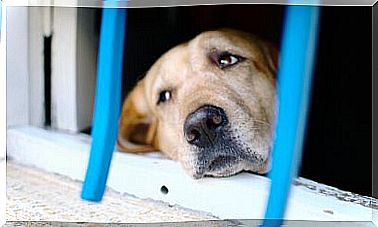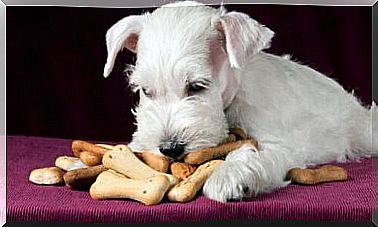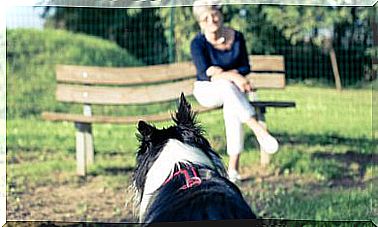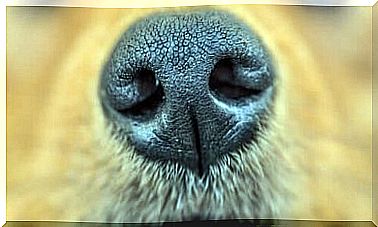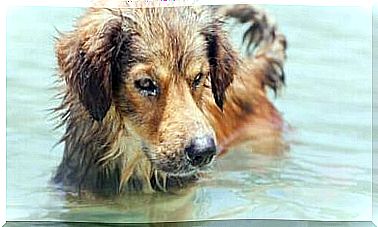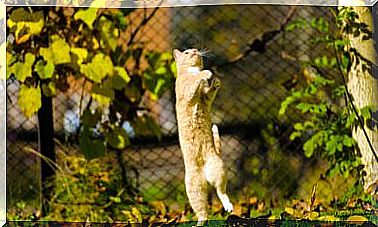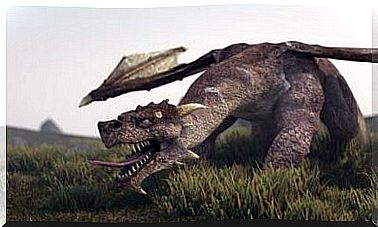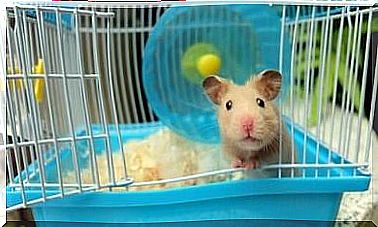Regurgitation In Cats And Dogs
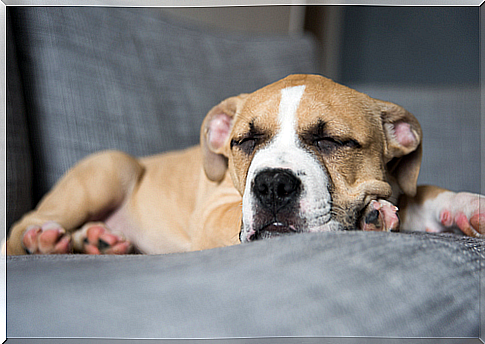
In this article we will talk about regurgitation, a very common occurrence in dogs and cats . This is an involuntary mechanism by which stomach contents return to the mouth via the esophagus. This can be food, mucus or vomit.
Regurgitation can have various reasons: congenital causes, a change in your pet’s diet, health problems or taking a medicine. Anyone who has a dog will have already observed how he sometimes eats the grass in the garden to expel it immediately afterwards. This is used to induce vomiting and purify internally.
Read on to learn all about dog and cat regurgitation, causes, symptoms and how to behave.
Causes of regurgitation
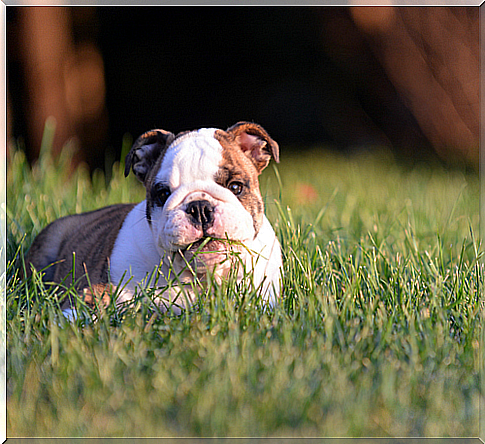
Regurgitation is more common in dogs than in cats, although it is not uncommon to encounter a cat suffering from it. There are dog breeds that are more subject to it, as in the case of the Fox terrier, the Miniature Schnauzer, the Danish. The cat breed that tends to suffer the most is the Siamese one .
However, there are also medical causes related to regurgitation such as:
Problems of the esophagus
Your dog or cat may have a lesion or obstruction of the esophagus, the organ closest to the mouth, which causes them to regurgitate after eating. A lesion of the esophagus can be caused by various reasons, such as a hiatus hernia, a tumor, a narrowing of the esophagus or problems with the sympathetic nervous system.
You may not even have noticed that the animal has a foreign body stuck in the esophagus. In any case, you must go to the veterinarian.
Throat problems
Throat problems usually show up at the time of birth. However, they may also occur later as a result of an allergy, poisoning, muscle disease, cancer, rabies, or the presence of a foreign body.
Difference between vomiting and regurgitation
It is necessary to know how to distinguish between vomiting and regurgitation because, having different characteristics, they must be treated differently.
Vomiting is easier to spot, it consists of expelling stomach contents through the esophagus and mouth. It can be caused by problems with the stomach, intestines, liver, kidneys or pancreas.
Regurgitation is different: being food not yet digested means that it has not yet reached the stomach and the whole process has occurred in the esophagus.
As mentioned earlier, the dog swallows fresh grass if he wants to induce vomiting. Many vets do not want our four-legged friends to do this, as the weed could be contaminated with chemicals that can be toxic.
Their “grazing the grass” could also be dictated by the need to introduce vitamins or other substances. If your pet feels the need to eat grass frequently, you should visit your vet to find out why.
Treatment of regurgitation
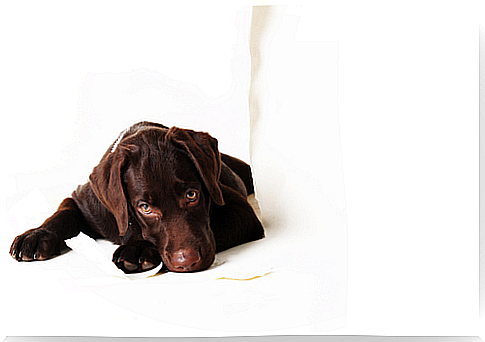
First of all it is necessary to determine the exact cause of the regurgitation, in order to be able to give a specific treatment to the animal. To do this, the intervention of the veterinarian is essential.
In the meantime, you can help the animal by changing its diet, since the source of the discomfort could be the ingestion of a food.
You can also give the dog a drug that improves his gastric motility. If you suspect that the problem arises from the esophagus, you can try giving the dog or cat preparations with antacid or esophageal protective agents.
If, on the other hand, the vet determines that it is due to pneumonia, an antibiotic treatment will follow .
When you see your pet regurgitating, stay close to him very carefully. It could happen that some of the food ends up inside the nose or even worse, settles in the lungs.
